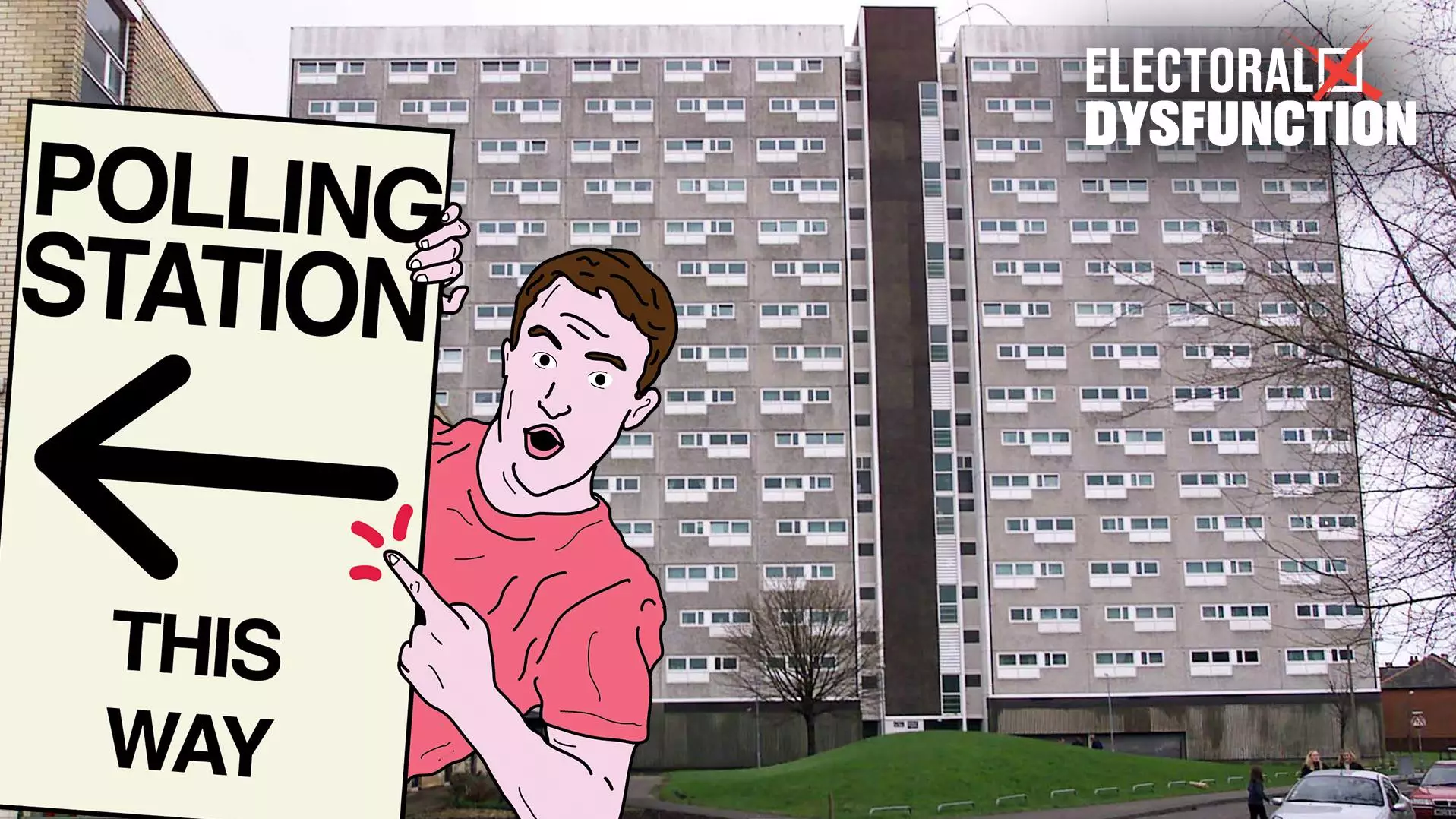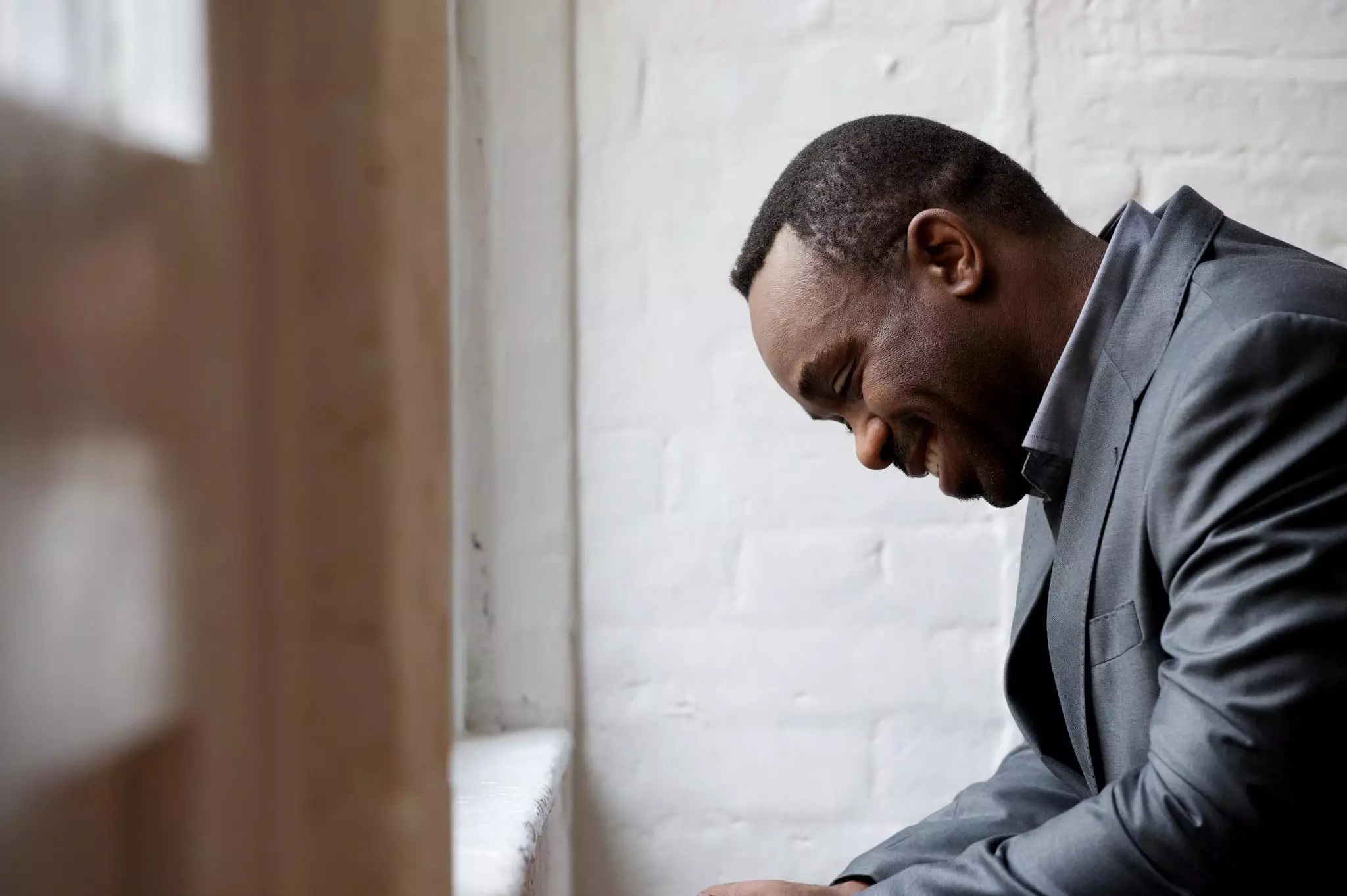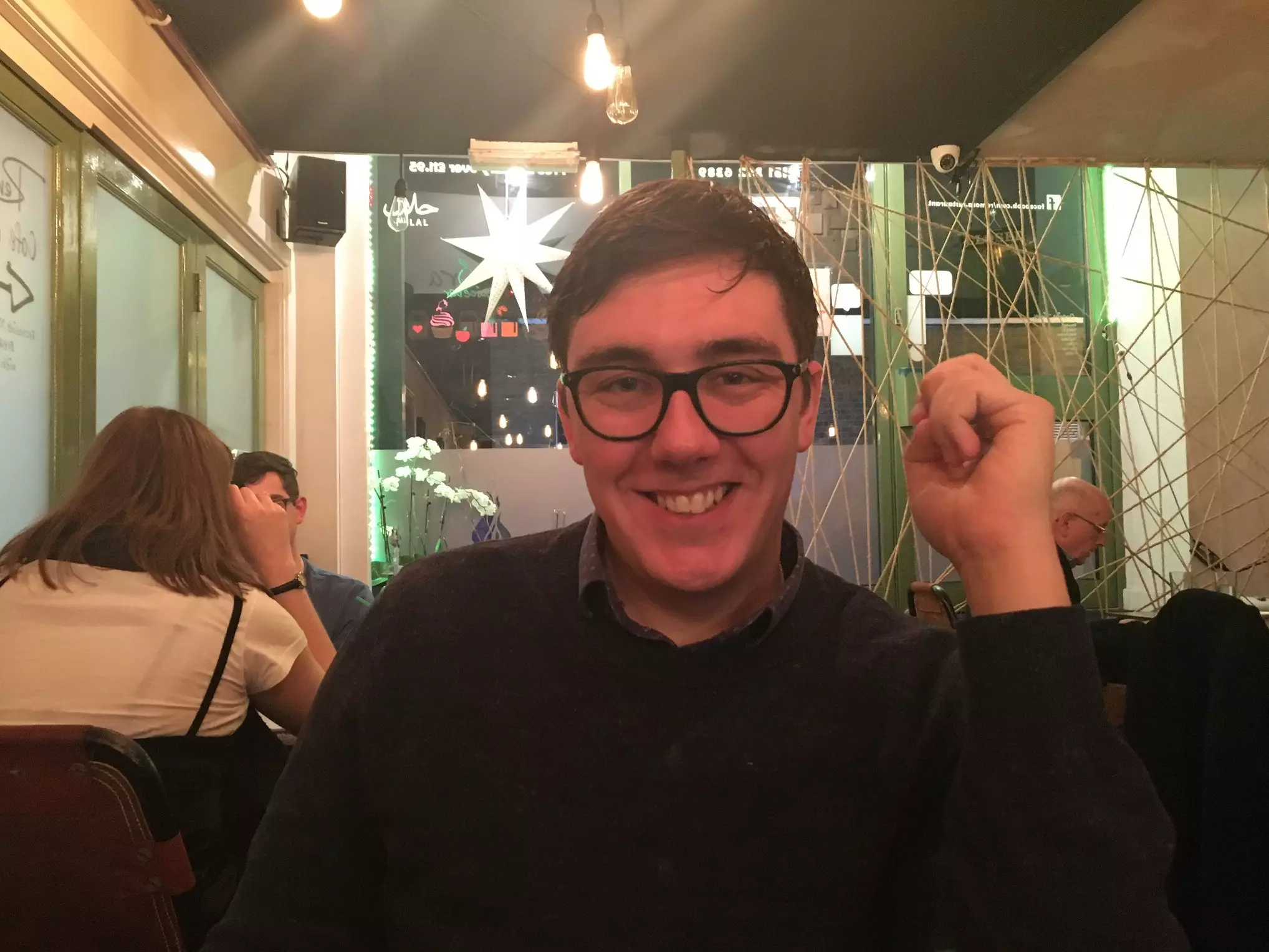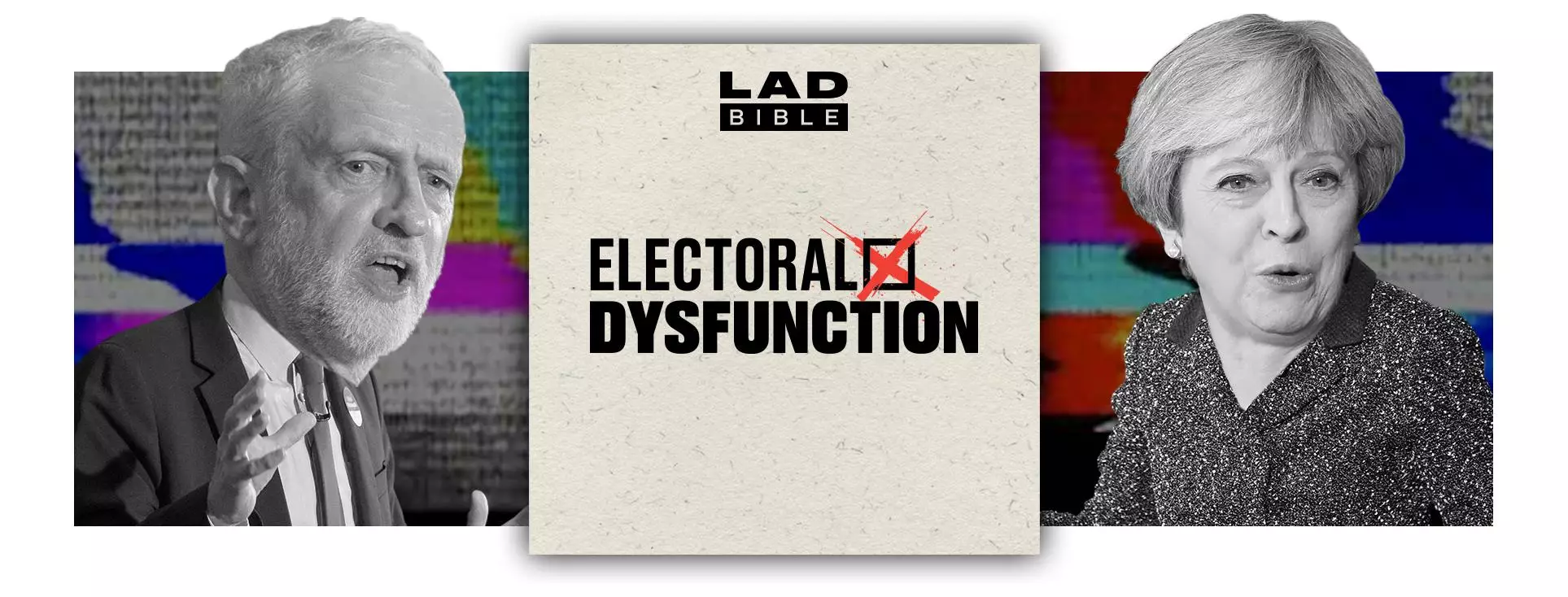
Rightly or wrongly, psychological research has shown that we all hold stereotypes. Generalisations are a simple way for us to understand a complex world full of complex people - a way of making the incomprehensible comprehensible.
Unsurprisingly, we find unconscious biases as much in politics as we do any other aspect of our lives.
Take the EU referendum campaign for example. Following Brexit's unexpected win, many Remainers were shocked to find that their opinion on the country's future was not shared by the majority of the British public, despite their social media news feeds and personal lives being filled with people of similar views to their own.
Advert
Social scientists who looked into this phenomena found that this is because people tend to associate and surround themselves with people who share similar values and beliefs to them, meaning that over time we lose touch with views that are different from our own.
One effect of this 'social media bubble' is typically to assume the types of people who vote for parties different from that which we plan to vote for. Of course, there is often some truth to all stereotypes, but they can be dangerous - a lazy othering of what we habitually disagree with; an unquestioning reaffirming of beliefs we already feel to be true.
With the General Election on the horizon, invariably our social media timelines become battlegrounds of opinion - and with that people's prejudices about those on the other side of the political fence become more apparent.
Advert
But the question is: do common stereotypes of 'typical' political voters always ring true?
We decided to reach out to the LADbible community to meet the voters defying the usual expectations of who votes for what party...
A LABOUR SUPPORTER OUT IN THE STICKS
Advert
As a party born out of the trade union movement, Labour has traditionally been seen as the party of the working-classes, with its strongholds and safe seats still predominantly in areas thought of as its 'heartlands' - the North of England, Wales and London.
But 21-year-old nursing student Ellie White, who grew up in a rural, middle-class Conservative household in Somerset, will be voting Labour because she thinks it is the best party for the health service, after being 'outraged by the Tories' planned bidding for our NHS'.

She tells LADbible: "I've seen first-hand the effect that cuts to the NHS have had and it's more stark than the media portrays. I'm not bothered by pay, I just want to look after my patients to the best of my ability.
"The placement I am at now cannot afford to use the best dressings available that would help heal wounds of vulnerable people - [we] have to use the more expensive dressings on the few that are suffering the worst. This isn't fair on the patients because everybody deserves the very best treatment.
"I have also seen the disparity between the richer and the poor. I know somebody my own age who is now homeless and cannot access the help he needs to get his life back on track, and it infuriates me that there are people living very comfortable lives, whose taxes could be paying for him to have somewhere to live and social workers to prevent this from happening to somebody so young."
A TORY WITH WORKING-CLASS IMMIGRANT ROOTS
An emphasis on cutting corporation tax for the very richest in society and to cutting public services has led to the Conservative Party being stereotyped by its political opponents as 'the nasty party' - a phrase coined by current Prime Minister Theresa May.
But, as 22-year-old Nickesh Mistry points out, not all Tory voters come from privileged backgrounds. A son of working-class immigrants who now works in passport control, he says that he's voting for the party because he's in favour of privatising the NHS and 'controlling our borders'.

He tells LADbible: "My family moved here in the '60s. There were 10 of them in a two-bed house and my dad worked his arse off, but I think immigration should be controlled now. I was a strong supporter of Brexit because too many people are coming here and offering nothing to the economy.
"I feel that working-class people have come to expect the handouts that Labour offer and that they'd be lost without them. The majority don't understand simple economics so when Labour promise a free NHS and free university tuition, they lap it up.
"I think the NHS should be privatised as it's poorly run and underfunded, and people are bleeding it dry. As it is now the people who actually need care can't have it because too many people abuse it. Privatising will allow better care for little money outlay; funding can be supplied properly."
AN SNP VOTER WHO DOESN'T FANCY INDEPENDENCE
The Scottish Nationalist Party made huge gains across Scotland at the last General Election, overtaking Labour as the largest party in the country. As a nationalist party, it campaigned for Scottish independence at the last election - so you might expect most of its voters to be pro-independence.
However, 31-year-old Jory Kinney, a regional manager for an engineering company, no longer reckons that there should be independence as the issue has been put to bed.

He tells LADbible: "As much as it hurt at the time, I think we should respect what the majority of people voted for back in 2014 and wait another 15 to 20 years before we have another vote. Let the dust settle and manage the current political difficulties in which we have at present, without adding more pressure to ourselves and society.
"But I still think the SNP are the correct political party to grow Scotland as a nation. They have the right policies in regards to NHS, public sector and raising income tax by £0.01. This extra money I hope can go to the people that support our nation more than anyone else, the staff at our hospitals and doctors."
A GREEN WHO DOESN'T DIG DRUM CIRCLES
With policies in favour of decriminalising drugs, protecting and raising taxes, it's not uncommon for Greens to be regarded as a bunch of weed-smoking hippies.
So you might well be surprised to find a banker in their midst. But Chidi Oti-Obihara is just that. After spending 15 years in finance in the City of London, the 45-year-old is supporting the Green party at the coming election, even going as far as to put himself forward as a candidate.

He tells LADbible: "In my part of the London Docklands, there's a massive environmental issue going on with the Thames Barrier leaking and water coming over it. It was built in 1984 and now it's out of date - it was local environmental issues like that and problems with sewage which turned me Green.
Advert
"I've definitely had raised eyebrows from bankers saying, 'how can you be voting Green, you should be voting Tory', but I've never followed the crowd. I've always done what I've felt was right.
"I think people who care about the environment tend to be stereotyped as super free-living, free-love, free everything - but you don't have to be. It's a little-known secret that Prince Charles is a hardcore 'green' - the guy's an organic farmer and The Sun used to make fun of him for talking to his plants. He's incredibly environmentally aware but he's not your stereotypical Green voter."
THE LIBERAL WHO'S HAVING A BIG BREXIT
Tim Farron's main pitch at this election has been about blocking Brexit and ensuring that there's a second referendum in a bid to hoover up votes from the 48% - so with that you'd probably assume that their supporters would be hardcore Remainiacs.
Not so for 31-year-old primary school teacher Ian Tarver. He voted for Brexit last year but is still stumping for the Lib Dems on 8th June, saying immigration had no bearing on his vote for independence from the EU.

He tells LADbible: "My Brexit decision was more about taking responsibility for ourselves and I am strongly against a second referendum. The whole point of democracy and voting is that there is one vote.
"However, I have always voted Lib Dem as I believe in fairness for all, regardless of where you were born, creed or background and I feel that they reflect that the best. I believe that sometimes the less fortunate need extra help and that should be given to them.
Advert
"I supported Brexit because I believe that all countries should be responsible for all their own laws. I am certainly not against immigration in any way, shape or form as it has built our country to what it is now. Immigration had little to do with my Brexit decision; it was more about taking responsibility for ourselves."

Topics: general election